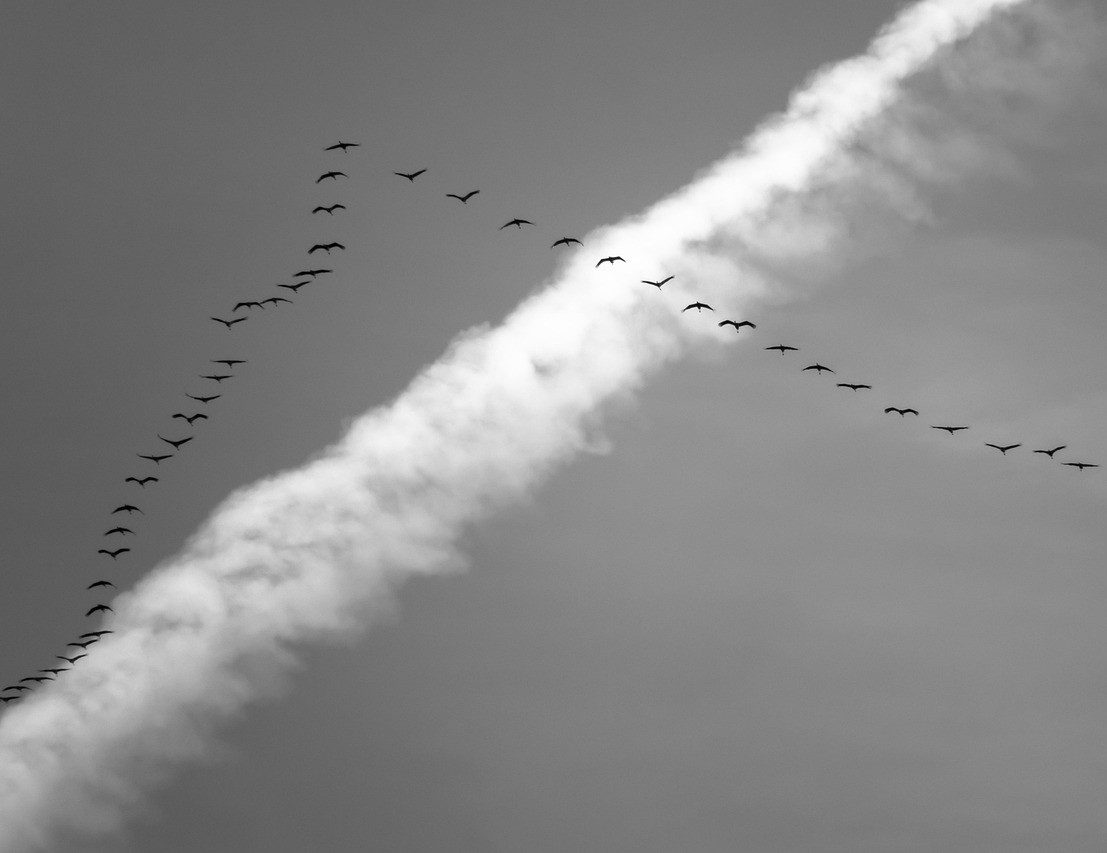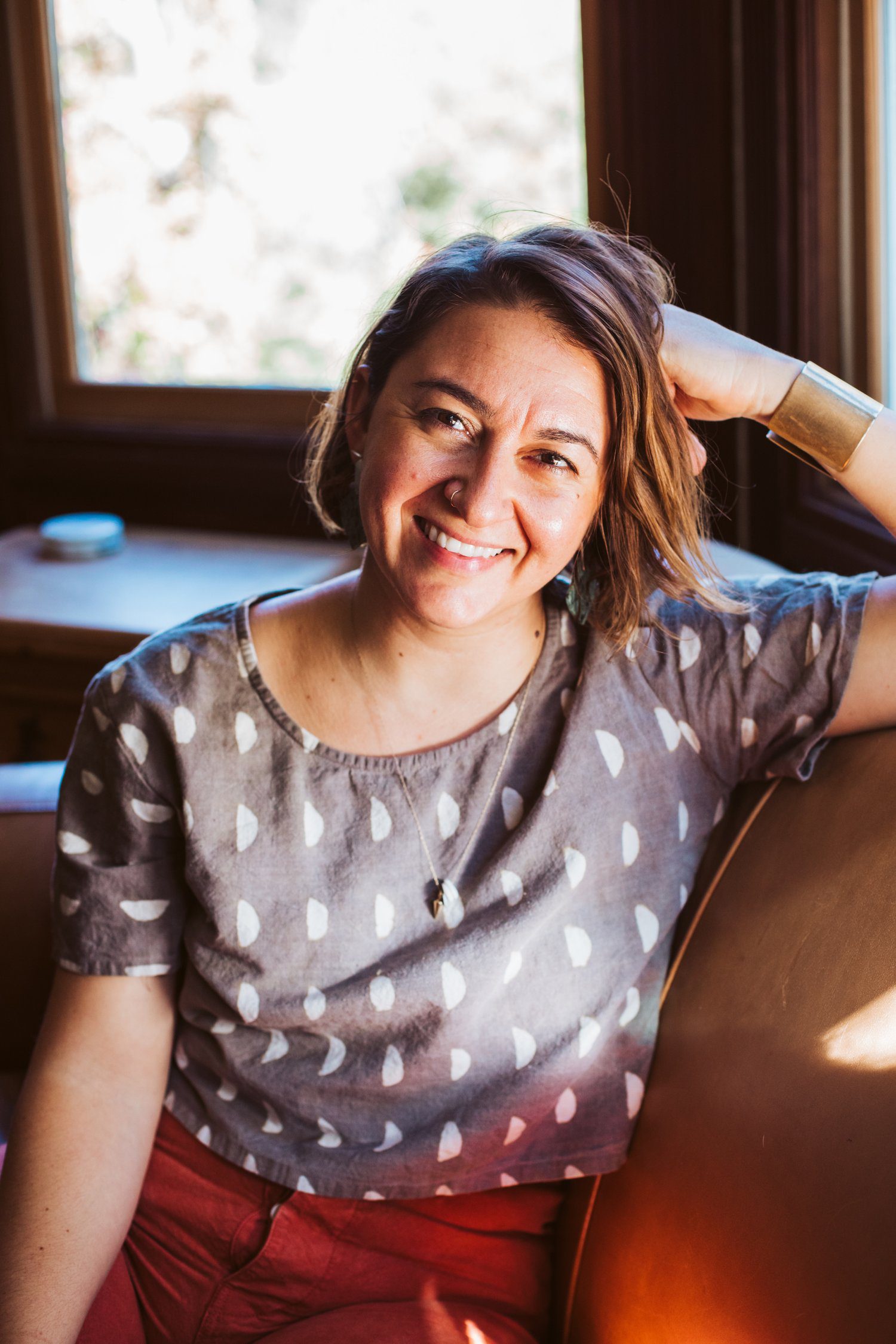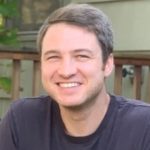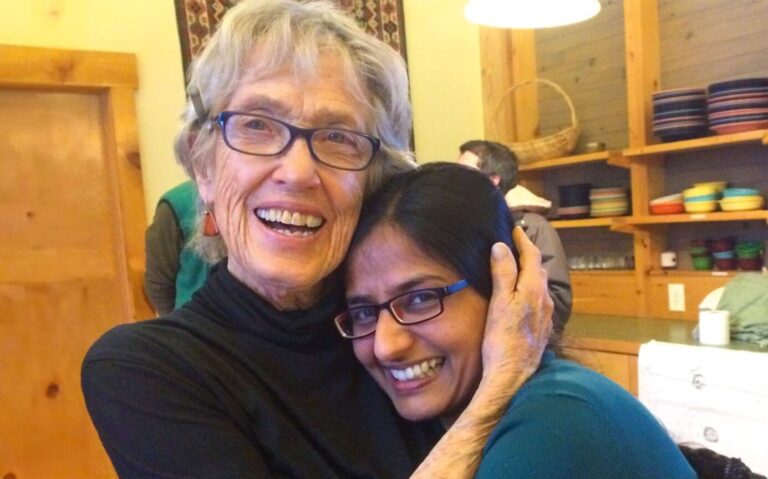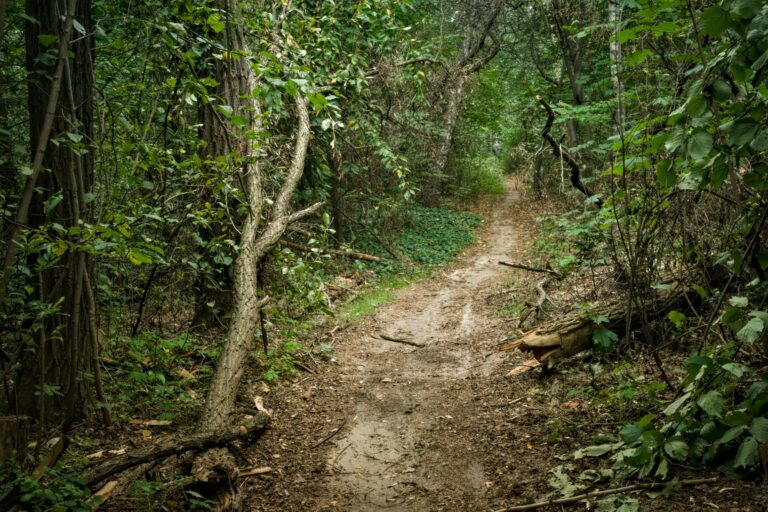Nikayla: Joanna Macy was an original inspirer of One Earth Sangha, and deeply influenced the arc and content of our EcoSattva training. I’m so curious to know, how did the mentoring and friendship begin between you two?
Jess: In 2014, I was a campaign organizer at Rainforest Action Network. We were working to transform the international palm oil industry. In retrospect, I can see that at the time I was freaked out and angry about the state of the world. I was beginning to sense that the work I was doing, while very important, wasn’t what my life was really meant to be about, but I didn’t know what I should be doing instead.
I started looking for support. I found and trained with my coaching school, the Academy for Coaching Excellence. I also signed up for a ten-day Work That Reconnects intensive taught and led by Joanna. We took pretty quickly to one another. She loved that I was a young, feisty organizer in the thick of the work.
I was totally unfamiliar with the Work That Reconnects, but I loved it immediately, and within a few months, I asked if I could assist her in the workshops. She didn’t actually need my help, but she let me carry books, drive her places, and hang around her– which I was thrilled about. That’s how our 10-year friendship started.
Over the years, it developed into a deeper mentorship relationship. I spent a lot of time at her table talking over tea about our personal lives, (organizing and activism), and the Work That Reconnects in these amazing, weaving conversations. While I was in New York, we spent many hours on the phone, especially during COVID. All the conversations folks hear on the podcast are like the kinds of conversations we’ve been having for a decade.
I’m really interested in what it may look like for us to organize together around projects of culture building. Not just to help us organize better to resist dominant systems, but actually help us replace and render irrelevant systems that are not working for us.
Nikayla: Her birthday was May 2nd. Ninety-six years old! We recorded a birthday card for her at our last EcoDharma Exploration, a four-part Work That Reconnects spiral. She’s an elder in our community, and loved by so many of us. I’m wondering if you can share one or two things you’ve appreciated most about her?
Jess: The first thing that comes to mind is her playfulness, it really surprised me when I first met her. I took the work I was doing so seriously, and of course, it’s serious stuff, but Joanna taught me that taking myself too seriously actually negates the work that we’re doing. She taught me that there is room for play, joy, silliness, and levity in even the most serious work. I felt a deep permission to embrace the inherently playful part of myself, and that totally changed my life
Another thing I adore about her is presence with her own experience of being her. She’s so honest and true in the ways that she feels her feelings and expresses what she’s thinking and experiencing.
Let’s say I’m at her house because something really hard just happened. We’re sitting with it together. We can be honest about it, tell the truth about what’s happening, and go right into the heart of the feeling. Then it alchemizes. That’s the journey of spending time with her. She’s just so true to herself, she’s taught me how to be truer to myself.
I could go on. There is so much more I could say.
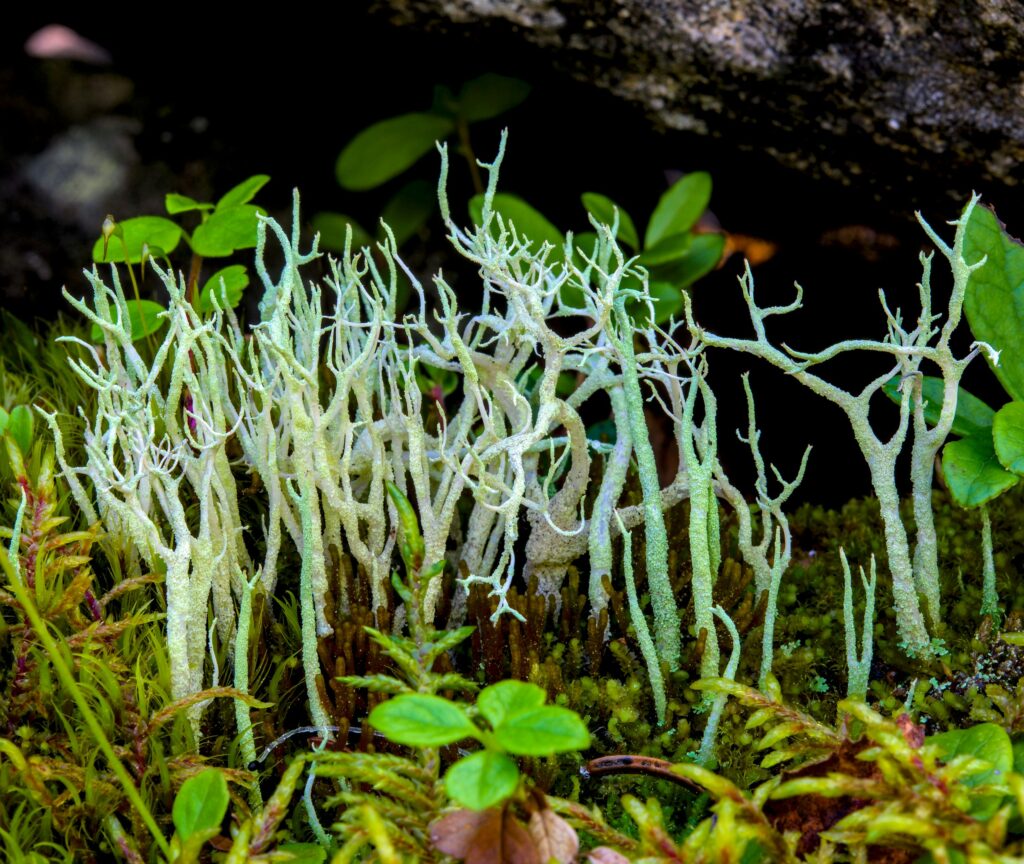
Nikayla: It’s not surprising to hear that Joanna really embodies The Work That Reconnects. While many in our community are familiar with her work, others are not. Where would you recommend they begin?
Jess: I’m biased here, but I’d say listen to our podcast, We Are The Great Turning. It’s a great introduction into The Work That Reconnects.
When we were designing the podcast, we added bonus exercises to accompany most of the episodes. You can grab a friend and hit play on the bonus and do a Work That Reconnects exercise with someone without having to attend a workshop, know a facilitator, or know anything about the work at all. You can just have an experience of it. But I always recommend, if people are interested and want to go deeper, the workshop, the live-time group experience is the truest form of The Work That Reconnects.
Nikayla: Tell me about a gem people often miss in the Work That Reconnects.
Jess: Most people are first drawn into honoring our pain for the world work because it’s the biggest gap in their toolbox. I would say a deeper cut of real value is the deep time work. My life has been profoundly impacted by practicing being in relationship with ancestors and future beings. It’s a little more out there to do imaginative time travel, but I think for folks who are willing to play, it winds up being not so pretend. Deep time work can tap a deep root of resources that helps us find ourselves and our work in The Great Turning. Through deep time work, we come into closer relationship to the Earth and our human lineage.
And my favorite book of Joanna’s, but the one not as discussed, is World as Lover, World as Self. It’s a good one for Dharma nerds. She does a brilliant job welcoming you into what the title actually means. The way that we offer ourselves to the world transforms when we understand the world as ourselves and our lover, not just conceptually, but somatically.
Nikayla: The realization that past people, future people, and the Earth itself are me shifts my understanding of what me is.
Jess: Speaking now to this moment, so many of us are in the midst of a swirling fear. We may feel isolated or separate. I’m finding it hard to self-soothe and orient myself in the direction of the life I want to live in this moment. The deep time work and World as Lover, World as Self offers perspective on this moment from a new paradigm. When the overwhelming pace of the world and unraveling threatens to pull my feet out from beneath me, I try to anchor myself in this different paradigm. It’s stabilizing. When I look at this moment from a perspective that isn’t the dominant one, I find this moment makes much more sense.
Nikayla: I have to say, I’m beginning to feel that constant, lingering anxiety about it all bubbling up.
Jess: Last night I read this article on AI dystopian futures. It was very disturbing. I spend so much time looking at a certain version of collapse, and then oh look, another way everything could go off the rails! The directions and rate of change in the world are unknowable, unfathomable, almost ununderstandable to me. I’ve noticed this anxiety comes up for me when I resist not knowing. When I resist the mystery of it all.
When I begin to go down the hole of imagining all the ways the world, my community, my life, and the lives of people I love could end, all I feel is fear. I’m practicing making peace and surrendering to everything I don’t and can’t know. The thing about surrender though, is there is never really an arrival point. I find it, and then lose it, and then find it, and then lose it. That’s the dance.
Maybe there is a place beyond this dance, but I haven’t found it yet.
More folks seem to be seeing that the ways we’ve been doing things aren’t working. They’re laying down their loyalties to business-as-usual.
Nikayla: There are certain times I feel like I have to accept death to arrive at that place of surrender. That’s very difficult for me.
Jess: It’s also very hard for me to accept untimely and unjust death. The activist in me is very challenged by this practice of surrender. I’m still learning how to reconcile my absolute all-out commitment to make things better however I can with the desire to surrender to things as they are. I think I’m a better activist when I have options beyond the knee-jerk reaction of railing against everything that I don’t like about the world. Acceptance and surrender are powerful teachers.
Nikayla: I feel like this is the dance everyone who holds both the identity of an activist and the identity of a spiritual practitioner must do, until they arrive in that place, if there is one, beyond.
Jess: I do get the sense that is not how it will be forever.
As I watch Joanna grow in proximity to the end of her own life, she is very at peace. There is nothing unjust about this end. And still, we’ll be out on a walk, appreciating the flowers and the sun, and she’ll turn to me and say: How could I leave? How could I go? It’s so amazing to be here. I feel like I’m learning that if you’re really in love with the world, maybe you’re never really ready to leave, even if you totally accept that that time will come.
I think I can be very attached to this world, and also surrender to my smallness. I’m seeing this image of a grain of sand floating in the Pacific Ocean. It’s nothing against me or who I am that I am totally vulnerable to the unfolding of the world.
One of the edges in my own Dharma journey, and not that anyone is asking this of me, but I can’t find the part of myself that wants to detach from my fierce passion for life. I don’t see how that’s good for anybody, or at least me.

Nikayla: I’m not a Dharma expert, but I imagine there is something out there called wise attachment.
You have a background in campaigning, and my next set of questions here is about the movement. But I want to pause and take a step back. We talk so much about the movement, but rarely articulate what the movement is. In your own words, can you define it for me?
Jess: I feel like I’d rather define the Great Turning, but I’ll try.
When I think about the movement I think about people organizing other people, coming together to envision a better way forward, craft strategic plans, and pave a way for us to move in that direction together. But over the years, I’ve found that so much more is required for a successful movement than what we typically speak of when we speak of the movement.
I started off as a coach for climate activists, because that was the work I did, but as my clients expanded beyond people who see themselves as “activists,” I quickly learned how many people are doing other types of work that is absolutely just as necessary. I have clients who are in public policy and city governments, med school professors and healers, and who are artists and writers. Sometimes they don’t see themselves as activists, and yet they are doing work essential to the movement ecosystem and the transformation of our world.
Sometimes the usual understanding of the movement feels too narrow.
Nikayla: The social movement ecosystem is diverse with different roles and responsibilities, all related and interdependent. I’m curious to hear what you think is in need of some organized attention?
Jess: I support people in the movement, and right now they are in so much pain. I can hold them, buoy them, and give them resources to sustain themselves in the work. Sometimes I feel like I’m a part of building a new culture that makes it possible to sustain ourselves. And then other times I worry I’m just giving them a bandaid solution, tools to be resilient while working in a movement ecosystem that isn’t holding them.
Lately, I’m finding my attention drawn to culture. We are in a place where our dominant cultures have largely failed us, and we are suffering in the midst of those failures. The collective is longing for something better, something more. I’m really interested in what it may look like for us to organize together around projects of culture building. Not just to help us organize better to resist dominant systems, but actually help us replace and render irrelevant systems that are not working for us.
Nikayla: What do you think gets in the way of building new cultures?
Jess: Culture is a simple word for something wildly complex. Culture weaves individual and collective psychology, spiritualities, lifestyles, values, orientations, worldviews, longings – it’s how our lives meet the material world. It’s complex.
But I think the simplest answer to your question is: trauma. Traumas render us less capable of showing up in alignment with who we long to be in our communities and relationships. I don’t think trauma is an insurmountable obstacle, but it is a big challenge. One of my fears at this moment is that we’ll be increasingly traumatized and this obstacle will only grow with time.
In most of us, our capacity for mystery and uncertainty is an underdeveloped muscle.
Nikayla: I’ve been thinking about how trauma can make it difficult to hold complexity, and so the world is flattened into binaries.
Jess: Yes. To do the world of culture building, we need to be able to hold an immense amount of complexity. Trauma decreases our capacity to meet these complexities with compassion and gentleness.
One more thing I think makes culture building hard is that I also think that our cultures have shaped our minds, so those of us raised in the paradigms of white supremacy, patriarchy and capitalism for example, will spend our lives doing the work of unlearning those ways of being. It’s hard to see what a better culture could actually be because our minds are so colonized by the cultures we’re trying to leave behind. There’s no easy answer to this, but I think about it a lot.
Nikayla: A few teachers, including Debra Eden Tull, my first interview of this series, use the phrase, sacred activism. I’m wondering what this concept means to you?
Jess: Let me preface this answer by saying: I know there is a whole realm of thinking and scholarship on sacred activism, and I’m speaking as someone not all steeped in it.
When I think of sacred activism, I think about activism that holds ourselves, each other, and the world around us as sacred. Activism that orients towards the sacred, but this also may be towards spirit, mystery, Gaia, or whatever.
My early career activism felt very powerful. We fought deforestation, colonization, slave labor, the violations of indigenous peoples, and the destruction of lands they held sacred. My activism was in defense of the sacred, but we didn’t talk about what we were doing together as sacred work. Looking back now, I’m curious how the work might have been done if we saw the work itself as sacred.
For one, I think we would have done a better job not replicating cultures of burnout.

Nikayla: Do you see burnout as, at least one of, the outcomes of not holding the sacred as sacred?
Jess: Yes. In my role as a coach to climate leaders, so much of what I do is to create a space of permission for them to see their own lives and work as sacred. It’s so simple to just pause and acknowledge the sacredness in all things, and invite people to consider how their lives and their activism would change if they oriented themselves and their work as sacred. Our dominant paradigms of activism don’t always orient to the sacred as sacred.
Nikayla: Are there any sacred activists that come to mind?
Jess: I don’t know if all these folks identify as activists, but they speak to the sacredness of this moment and of our work in a way that really resonates with me: Pat McCabe. Kazu Haga. Valarie Kaur. Audre Lorde. Bayo Akomolafe. Robin Wall Kimmer has taught me so much about how I want to see the world and orient myself to my activism.
Nikayla: The Work That Reconnects sees three different stories shaping our world, and offers us a choice about which one we want to be a part of: Business-As-Usual, the Great Unravelling, and the Great Turning. At the Spirit Rock Earth Day event, you said, “all three stories are happening at the same time.” Where do you see the Great Turning happening right now?
Jess: I see the rising community of resistance to authoritarianism in the United States, and I see so much possibility in the course this resistance movement may take. I also see it in the mutual aid and solidarity networks popping up around the country. Last week in Oakland, my friends participated in a leaflet drop with information about ICE raids, legal assistance, and steps to take if you see ICE in your neighborhood. People are coming together in new ways to protect each other and support their neighbors.
I see the Great Turning in all ways folks are reaching to create denser webs of solidarity with one another. And also in the ways that we’re changing our minds– more and more folks seem to be seeing that the ways we’ve been doing things aren’t working. They’re laying down their loyalties to business-as-usual and this shift in consciousness is an essential part of the Great Turning too.
Nikayla: How do we keep the Great Turning turning from here?
Jess: I used to get so frustrated at Joanna for saying, “there isn’t a single answer,” but there isn’t! This unfolding is vast, mysterious, and incredibly complex. I would never presume to know how we do it, other than honing our capacity to listen deeply to our lives, the Earth, spirit, source, or whatever that force is for you, and see where our place is in the Great Turning. And in everything, do it in community.
My hope lies in the beautiful, surprising things people will cook up together to resist, to build stability and solidarity, in the midst of all that’s failing us right now.
We have the spiritual imaginative fortitude that this moment is calling on within each of us.
Nikayla: When I hear those whispers, sometimes the mind fights it. It can feel difficult to trust. I think “What if it’s wrong or a waste of time? I can’t anticipate the outcome of this decision, so I don’t want to choose it.”
Jess: So far, we’ve been following what is familiar. And here we are. It’s not working anymore, not that it ever truly did. What if this whisper is actually more trustworthy?
In most of us, our capacity for mystery and uncertainty is an underdeveloped muscle. I think it’s counter to our human nature and instinct to choose not to know. It’s not a judgement on anybody who struggles listening to this whisper. I think it will really benefit us all if we strengthen our ability to surrender to complexity and not knowing. Then, we get to choose where we place our trust.
When it comes down to it, and this feels internally complicated to say, but I have more trust in that quiet whisper than I do in whatever my brain is telling me in the moment about who to trust or what to do. It’s so messy!
Nikayla: And trauma makes it all the messier!
Jess: It’s very hard. All the more reason to slow down. I’m in a real place of uncertainty and possibility right now in my own work. It’s a wildly uncomfortable place to be, but I don’t want to cheapen whatever emerges next by not allowing it the time to clarify.
We really have our work cut out for us. We’re pushing against quite a lot of our cultural training and trauma and all that, but I also totally believe and trust that we have the spiritual imaginative fortitude that this moment is calling on within each of us.

